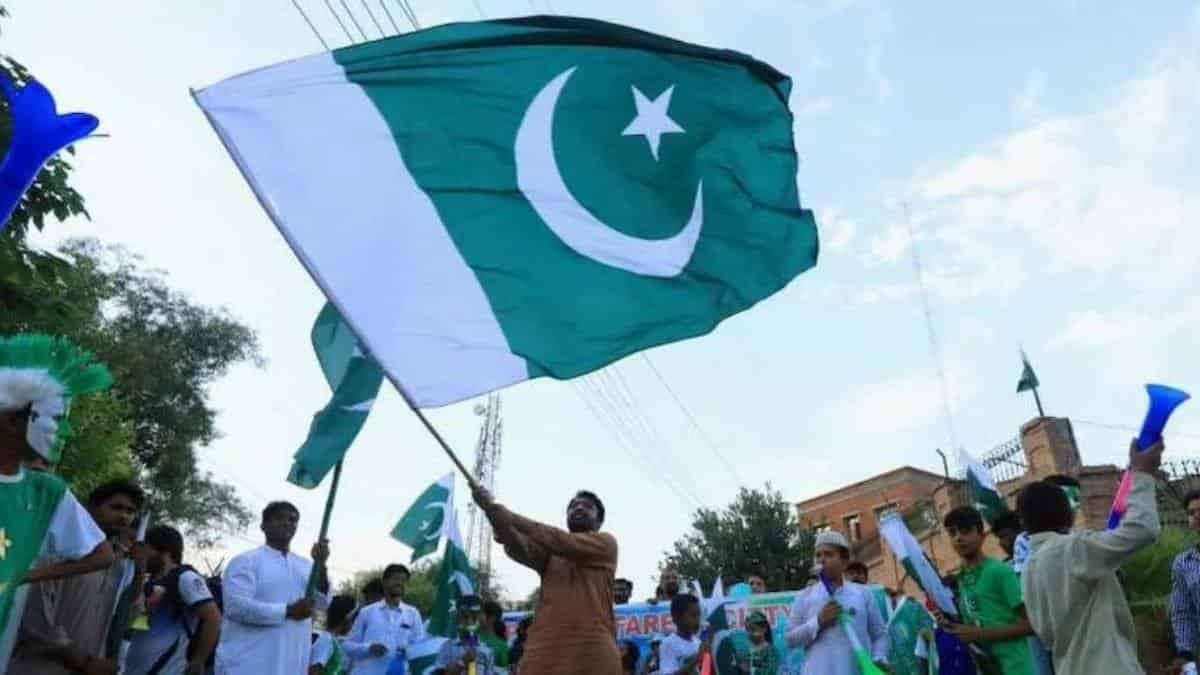Pakistan is in the midst of a severe economic downturn. Here’s how much money they’ll need to help
Pakistani officials are allegedly making a last-ditch effort to reach an agreement with the IMF at the staff level in order to bridge the gap in external funding requirements.

Imran Khan, whose political ascension was built on the promise of a new Pakistan, appears to be falling short on one of his promises to strengthen the country’s economy, as a recent media report said that Pakistan is currently experiencing its worst economic crisis in history. According to The News International, one of Pakistan’s major English-language publications, the country is in the midst of a serious financial crisis, with the Imran Khan-led government ideally requiring $51.6 billion in gross external finance over the next two years (2021-2023) to meet its demands.
Pakistan’s gross external finance demand, according to the study, will be $23.6 billion in 2021-22 and $28 billion in 2022-23. Despite the International Monetary Fund’s relatively modest forecasts, the progress has occurred (IMF). Pakistani officials are allegedly making a last-ditch effort to reach an agreement with the IMF at the staff level in order to bridge the gap in external funding requirements.
Pakistan has joined the top 10 countries with the biggest foreign loans, according to a recent World Bank study. The News International previously stated, using the International Debt Statistics 2022, that there is a “huge variation” in the rate at which foreign debt is acquired in each DSSI-eligible nations – including the group’s largest debtors, Pakistan. According to the World Bank report, Pakistan’s foreign debt grew by 8%, while another report from June this year indicated that the Imran administration had borrowed $442 million from the World Bank.
However, with the suspension of programme loans from the World Bank and Asian Development Bank (ADB), Pakistan is now even more at risk of a massive economic crisis – with the added burden of meeting the country’s gross external financing requirement – which it must address by striking a deal with the IMF under the existing $6 billion extended fund facility (EFF) during the ongoing Washington talks.
Meanwhile, the World Bank and the Asian Development Bank will continue to offer project loans, but disbursements will remain dismally low due to a lack of ability to implement projects. According to The News Foreign, credit rating agencies may lower the country’s ratings further, making raising cash through the issuing of international bonds more expensive.
According to sources quoted by the ANI news agency, the IMF had requested that taxation system inefficiencies be removed, as well as that varied GST exemptions and rates be harmonised with the normal rate of 17%. Petroleum Oil Lubricants (POL) items should be subject to the normal GST rate of 17%.
According to the study, the GST rate on fertiliser, tractors, and other products should be raised to the normal rate of 17%. Pakistani officials, on the other hand, are opposed to such plans, claiming that they will further marginalise the country’s underdeveloped agricultural sector.


